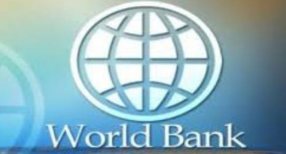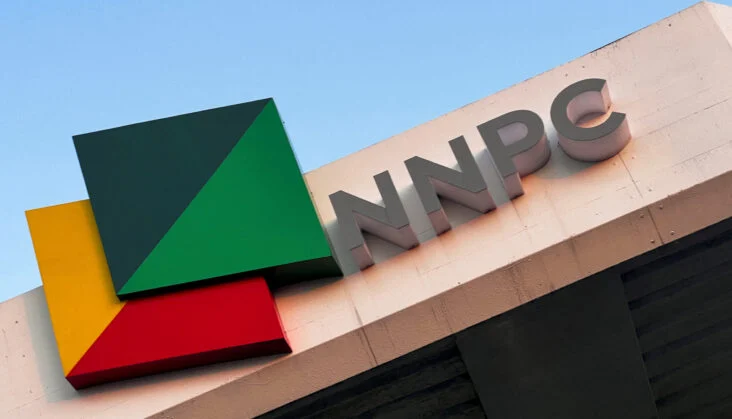The World Bank Country Office in Nigeria has disclosed that the incessant fuel scarcity and the inability of Nigerians to access the new naira notes may influence uncertainty ahead of the February 25 and March 10 elections in the country.
According to a document, the bank pointed out that the deadline for old notes will socially and economically affect vulnerable people in the country.
Daily Trust reports that after the initial January 31 deadline, the CBN, after reportedly seeking the approval of President Muhammadu Buhari had extended the deadline for the currency swap to February 10.
But it appears the extension has not changed anything for the better as millions of Nigerians could not access the new N1000, N500 and N200 notes while even the lower denominations of N100 and N50 that have not been altered are not available.
While politicians have continued to trade blames; and the CBN accusing commercial banks of hoarding the new naira notes to the extent of unleashing security agents on them, Nigerians in many states have ran out of patience and have started taking to the streets to protest the shortage of the naira.
What the World Bank said
Experts said the document released by the World Bank on its website should be taken seriously because the citizens are becoming increasingly overstretched as many could not access their hard-earned money to feed their families.
The document said, “The shortage of cash compounds fuel shortages, which have been ongoing for months. There is a clear risk that cash shortages cause hardship and frustration, which could escalate social tensions, especially in a febrile political environment ahead of elections on February 25 (presidential and parliamentary) and March 11 (gubernatorial).
The bank further disclosed 45 per cent of Nigerian adults had a bank account, 34 per cent pay or receive money digitally over the past year, while nine per cent made an in-store payment by digital means.
It projected Nigeria would not be able to attain a quick increase in digital payment to enhance the shortages of new notes across the country within the stipulated deadline.







